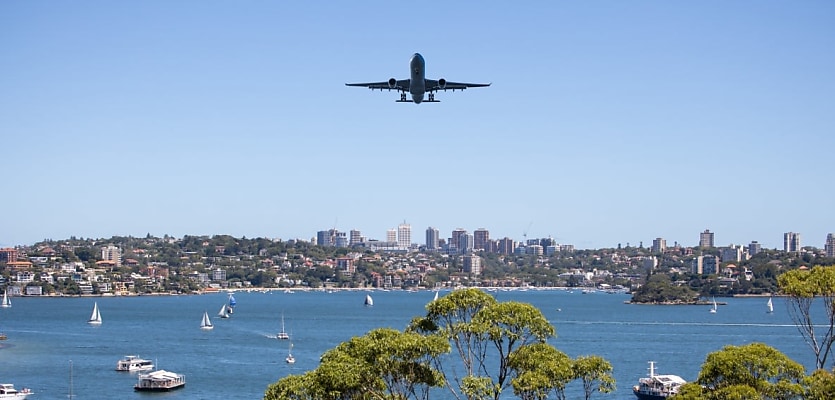Over one-third of cross-border capital in 2024 is set to be invested in Australia’s commercial property market.
A new report from Knight Frank has identified Australia as the number one Asia-Pacific country of choice for commercial property investors, beating Japan and Singapore.
In 2024, the nation is expected to receive 36 per cent of total cross-border flows, the equivalent of US$10.2 billion.
It marks a substantial improvement from last year, when just US$5.9 billion was invested in Australia’s commercial property market – just over half of this year’s projected total.
According to Knight Frank’s global head of capital markets, Neil Brookes, strong interest in Australia’s office market by Japanese investors is one factor spurring growth.
Touching on Mitsui Fudosan’s recent acquisition of a 66 per cent stake in 55 Pitt Street, Brookes noted that “Japanese investors have shown a strong appetite for Australian commercial property assets”.
“This pattern is expected to persist as Japanese firms continue their hunt for higher-yielding assets in overseas markets,” Brookes said.
Ben Burston, Knight Frank’s chief economist in Australia, shared that office assets are increasingly popular with international investors, with offices accounting for 63 per cent of total transactions.
“The office and industrial sectors are the most favoured for cross-border capital in Australia, followed by the living and retail sectors,” he said.
“Sydney’s well-established CBD office precincts have yielded several core opportunities and the market remains the preferred destination for many cross-border investors, so it was no surprise that Sydney was the first to show a material improvement in sentiment and liquidity.
“Related to this, well-located prime offices in Sydney have shown signs of yields stabilising after substantial repricing over the past two years. As transactional evidence accumulates and heightened investor confidence spurs increased market participation, liquidity in the office market will gradually improve and broaden to other markets in coming months.”
Burston noted that Australia’s industrial property sector is also proving popular with investors, noting that the low risk and long-term growth associated with the asset class is an incentive for investors looking for stability.
“Prime industrial yields have stabilised more quickly than other sectors, suggesting that pricing adjustment has probably run its course and cross-border investors are likely to return to the market relatively quickly as they seek to boost their portfolio allocation to industrial,” Burston said.

Never miss a beat with
Stay across what’s happening in the Australian commercial property market by signing up to receive industry-specific news and policy alerts, agency updates, and insights from reb.
Subscribe to reb Commercial:









You are not authorised to post comments.
Comments will undergo moderation before they get published.